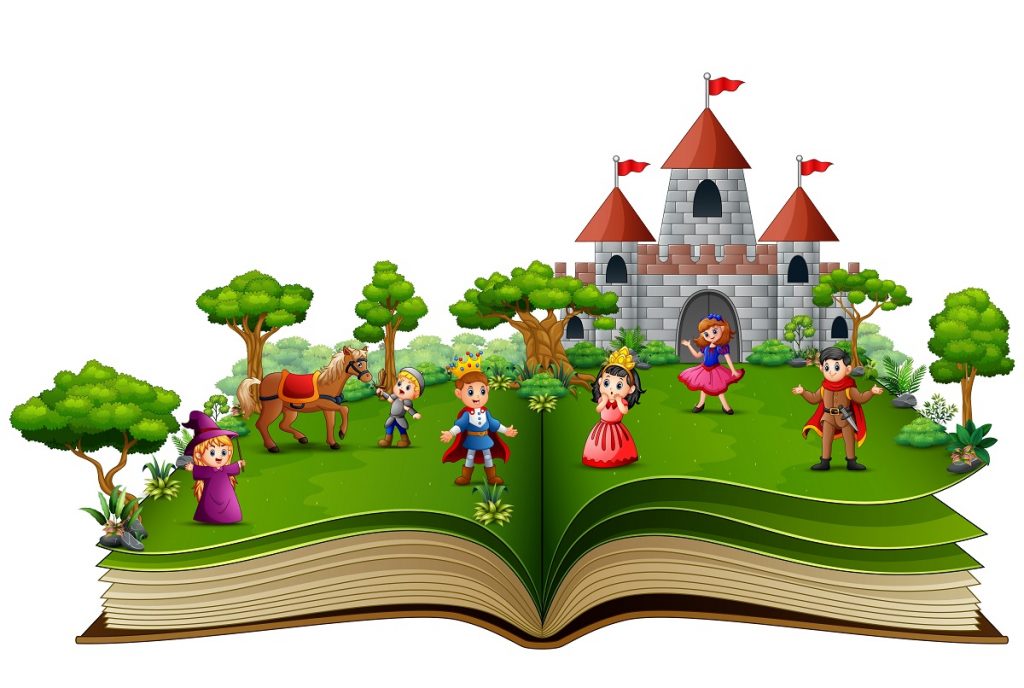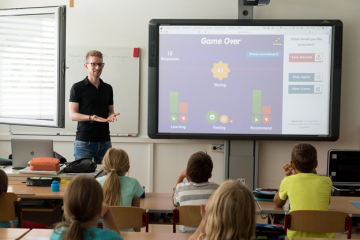The Power of Stories
Storytelling is a practice that has been present since ancient times. As technology becomes part of our daily lives, it is becoming common for kids to just play video games and watch videos, with storytelling being quickly neglected. However, storytelling plays a critical role in the learning and development of young children. As such, parents and caregivers need to make storytelling to young children a habit. You can do this by either sharing personal stories or reading stories from books in your free time. Here are seven benefits of storytelling to young kids that will inspire you to make it part of their childhood.

1. Sparks Imagination
Children tend to visualize the characters and associate images with certain words or characters. When telling a story, encourage children to participate by asking questions about what they think is going to happen next. You can also allow them to tell their own stories using the characters in the story. By involving kids and asking for their contribution, you enable them to think on their own and stimulate their imagination and creativity.
2. Boosts Learning
Children have a lot to learn, and stories have a lot of information they can learn from. By appealing to their curiosity and encouraging them to ask questions during a storytelling session, you expose children to new ideas and help them learn new things. What’s more, storytelling to children not yet in school prepares them to grasp new concepts easily. It also helps children develop literacy skills much faster, thus boosting their confidence, even if they have learning difficulties.
3. Improves Listening Skills
Young kids tend to talk more than they listen. When you expose them to storytelling, they have to learn how to listen to follow the plot and understand the story. Storytelling, therefore, builds listening skills in children. The habit of listening instead of talking allows children to become better listeners and therefore help them understand things better.
4. Instills Values
Every story has a character with certain values. Telling stories with characters whose values the kids can emulate is a great way to instill wholesome values. If you are holding a storytelling session with children, always ensure that the story passes meaningful messages and includes valuable lessons. This way, storytelling becomes a way of encouraging good ethics and habits such as honesty, reliability, kindness, and empathy.
5. Cultural Awareness
The ability to appreciate cultural diversity is important in shaping social interactions and relationships. Teaching young children about different cultures cultivates cultural awareness and helps them appreciate diversity. This allows for harmonious and respectful relationships with others as they grow.
Stories provide the ideal means to showcase different lifestyles and cultures, shaping the way children view the world. It also helps young kids get in touch with their cultural roots and develop an understanding of history. With cultural awareness, children can develop feelings of empathy, which fosters understanding as they try to make sense of the character’s actions in the story.
6. Sharpens Memory
Most children find it hard to concentrate on one thing at a time or even pay attention. By being easily distracted, it makes it easy for your kids to forget things. Storytelling enables young children to focus and remember the plot of the story as it progresses. When you make it a habit to ask questions about the story at the end of the session, your kids will strive to retain as much information as possible which helps boost their memory capacity.
7. Introduces New Vocabulary
Young children absorb words during infancy and acquire the vocabulary they use as they grow by listening to those in their environments. With the limited vocabulary often used at home or school, storytelling is an excellent way for young kids to learn new words and their meanings. When listening to stories, children get to associate words with the context in which they are used making it easy to understand their meanings. With a wide vocabulary, your kids can express themselves much better, be better communicators, and improve their grammar.
To reap the benefits of storytelling to young kids, ensure you tell stories in the most realistic and engaging manner. Some of the ways to bring a story to life include varying your pitch, depicting and mimicking emotions, as well as using body language to express the various aspects of a story. This way, you not only engage the kids and keep their full attention but help them grasp the message you are trying to pass.
Author Bio: Elisha is a qualified freelance writer for hire with 6 years of experience in blogging, web content creation, and blog post writing. He’s currently interested in teaching people how to make money online and writes articles on education, health, business, food, travel, finance, children, and technology.


